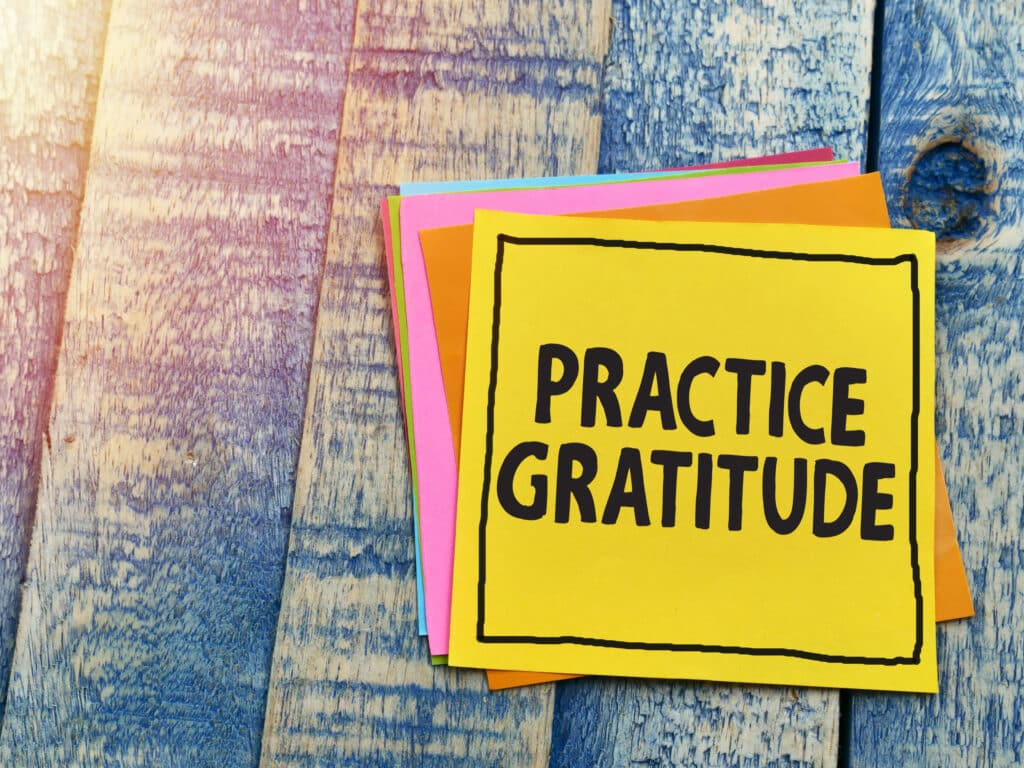Fostering Gratitude In Your Family During Difficult Times
In addition to turkey, football, and family, Thanksgiving is the season for thankfulness and gratitude. Building a life of gratitude can seem impossible when experiencing challenging circumstances. It can be especially tough for children and youth in foster care as their life situations may seem overwhelming and hopeless. While foster parents can help youth develop grateful attitudes, it will take practice, consistency, and perseverance. Learn more about the benefits of gratitude and how you can foster thankful attitudes in your family with these suggestions from RISE Services, Inc. Oregon.
Gratitude Over Negativity
Have you ever wondered why it’s so difficult to be grateful? The answer is the human brain. We are geared to focus on negativity, which can cause us to emphasize relationship problems and critical attitudes more than supportive friends and positive thoughts. This negativity bias was helpful when our ancestors needed to make quick life-or-death decisions, but today, it can be harmful to our mental and physical health. The best way to counteract this mindset is to make a habit of practicing gratitude.
Benefits of Gratitude
Creating a habit of gratitude results in many life-transforming benefits. Over and over again, research shows that fostering a thankful mindset can improve mental resilience and decrease the effects of trauma. A grateful frame of mind can also ease anxiety and depression, boost our mental and physical health, decrease aggression, strengthen empathy and compassion, and improve sleep, among other positive benefits. It does more than simply make us happy — it helps us connect better with others and live fulfilling lives.
A Life of Gratitude
RISE Services, Inc. Oregon recommends the ideas below if you want to build a life of gratitude in your family.
- Practice gratitude together. Whether you share what you’re thankful for around the dinner table, on the way to school, or at night before bed, practice gratitude regularly as a family.
- Model grateful attitudes. Modeling gratitude in front of your foster children and teens can be a powerful factor in helping them develop their gratitude habits.
- Allow teens to personalize their gratitude habits. Teens learn to appreciate what they have and watch for those silver linings if they develop strong and personal gratitude habits.
Happy Thanksgiving
RISE Oregon provides children and teens living with developmental and intellectual disabilities with safe and caring home environments through our compassionate Host Homes. Youth aging out of foster care can access secure and suitable housing with our residential services, supported living programs, and in-home and community services. Contact RISE Oregon today to learn more. We wish you and your family a very Happy Thanksgiving!
Source: Doerr-Guerzon, Tiffany. “The Power of Gratitude: Building Mental Resilience During Tough Times.” Blog article. Parent Map. Gracie Enterprises Limited Liability Company, 09 Dec. 2020. Web. 17 Nov. 2023.


